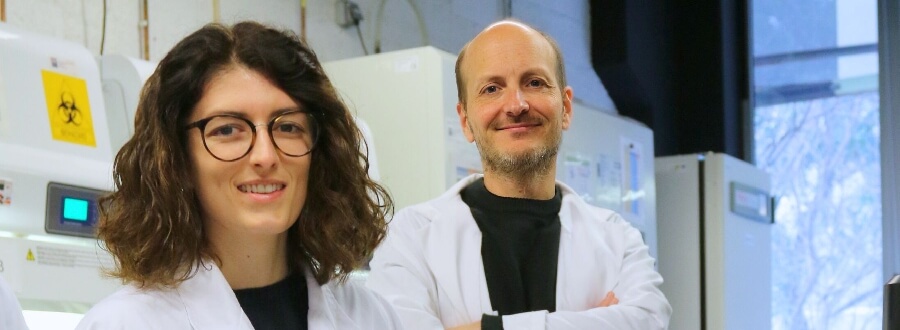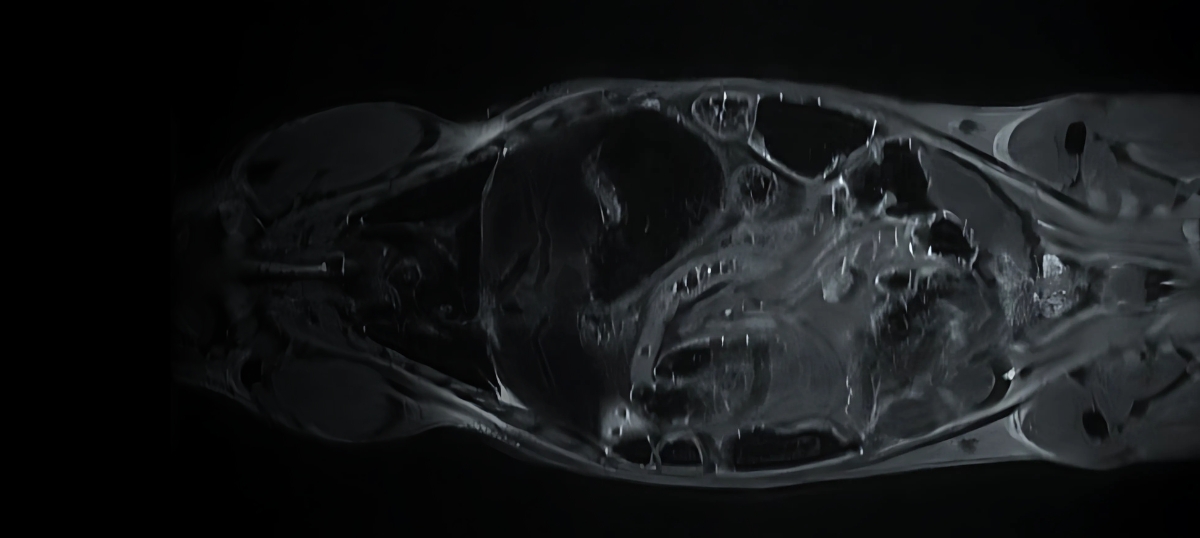

Barcelona Blood-Brain Barrier Conference
1-3 October 2025 · IQS, Barcelona
Global health cannot advance without science, engineering, and innovation technologies.
We shape the present and future of medicine with Bioengineering.
From excellent research to innovative solutions, IBEC merges science and engineering for Active Ageing, Future Medicine and Regenerative Therapies.

CERCA Center

Member of

Reconised by:


Latest News
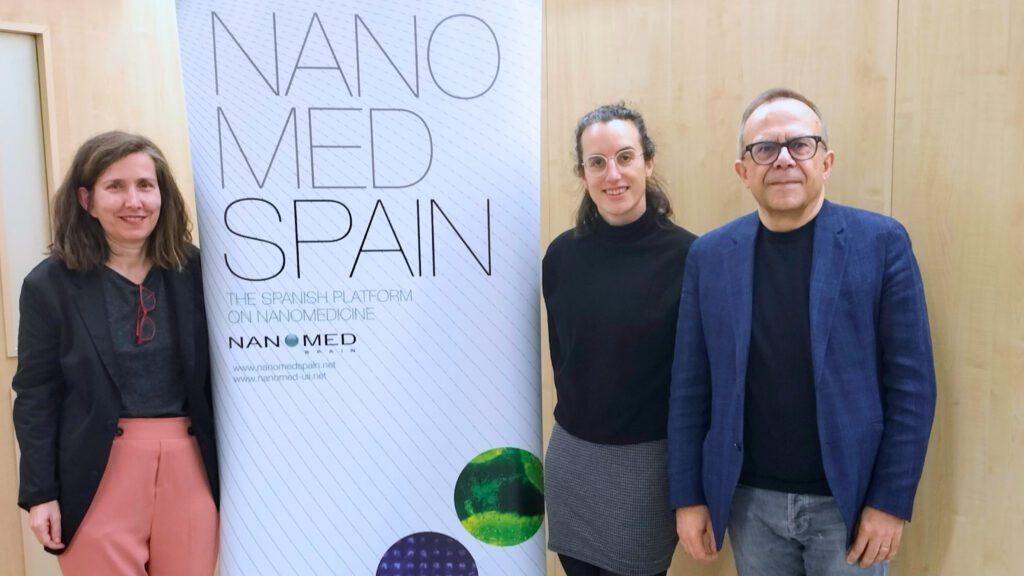

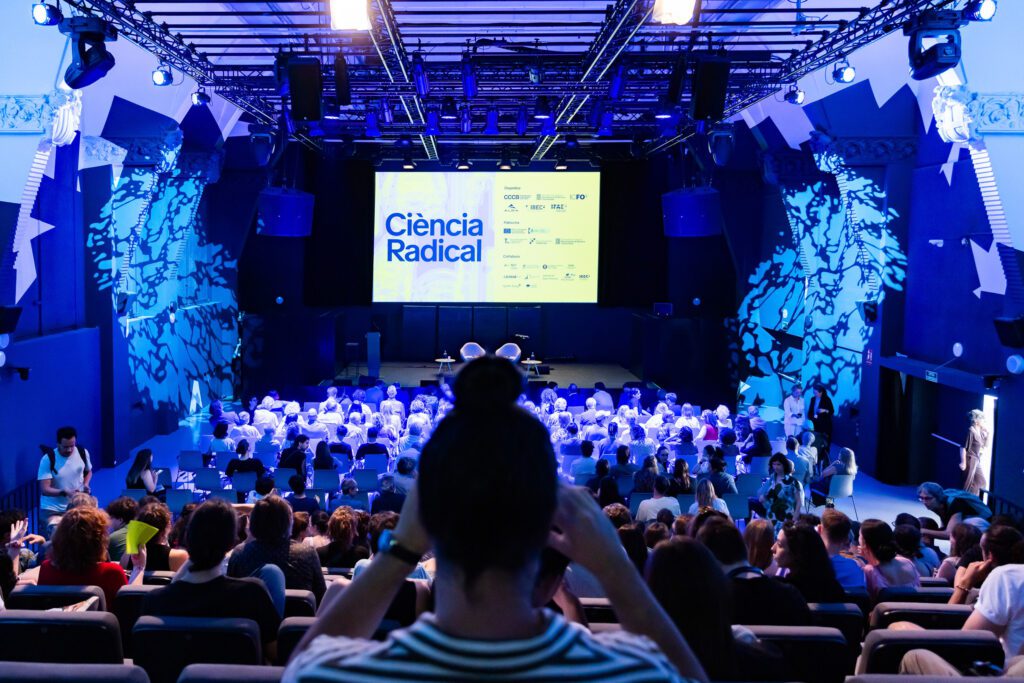
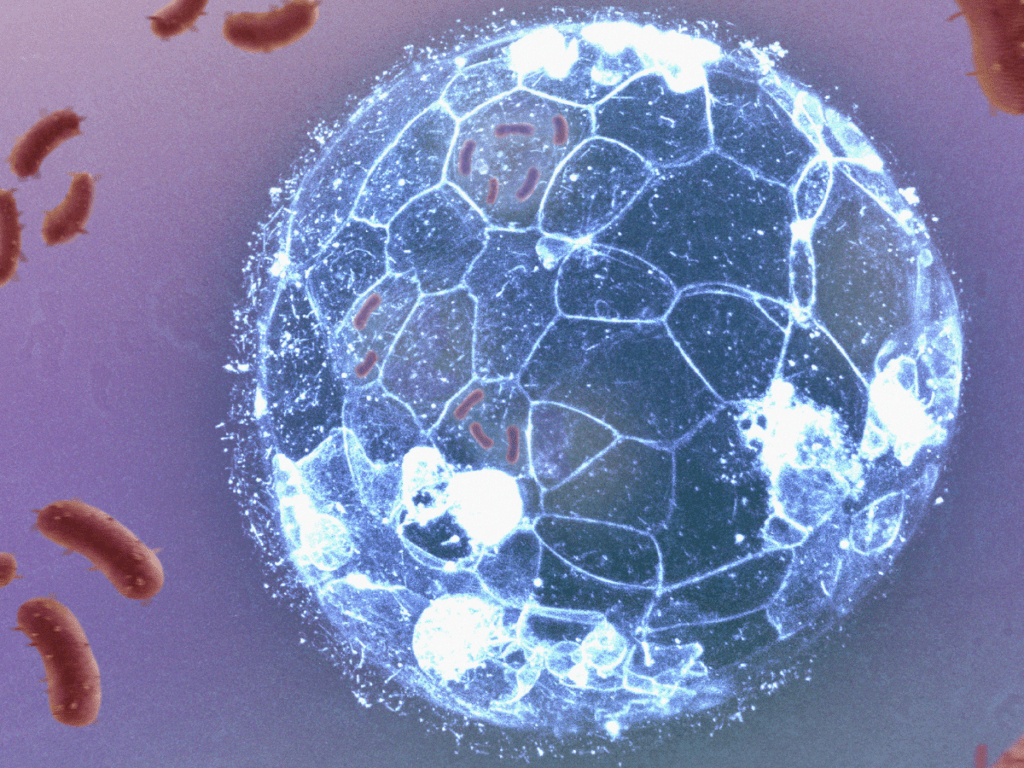
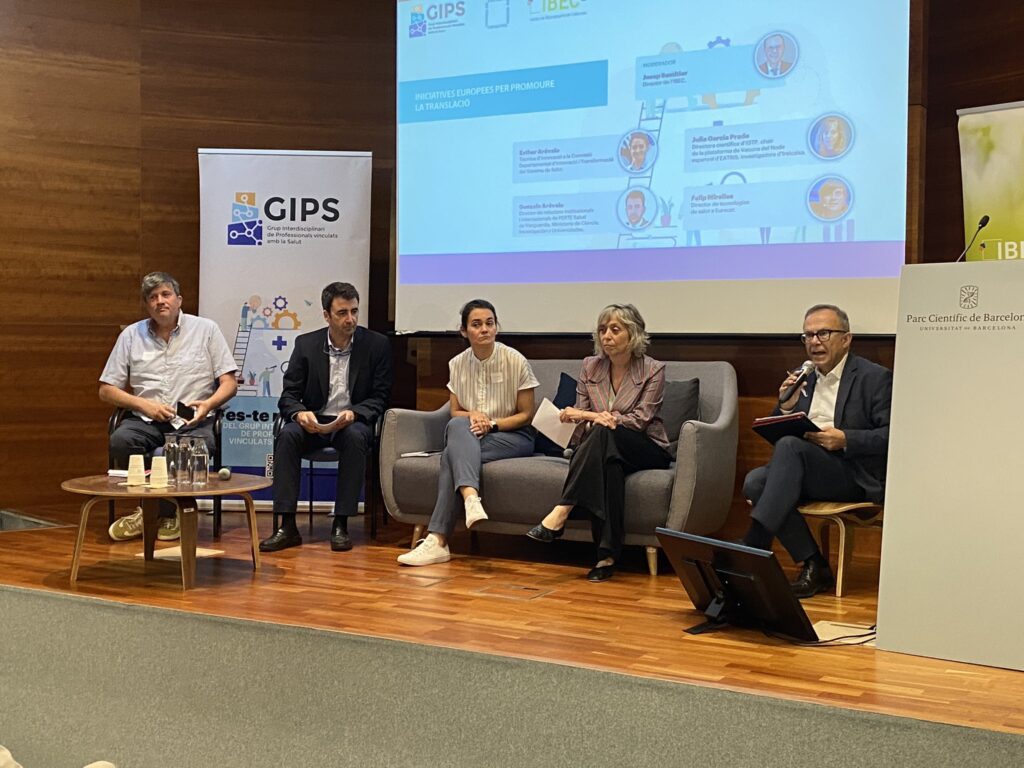


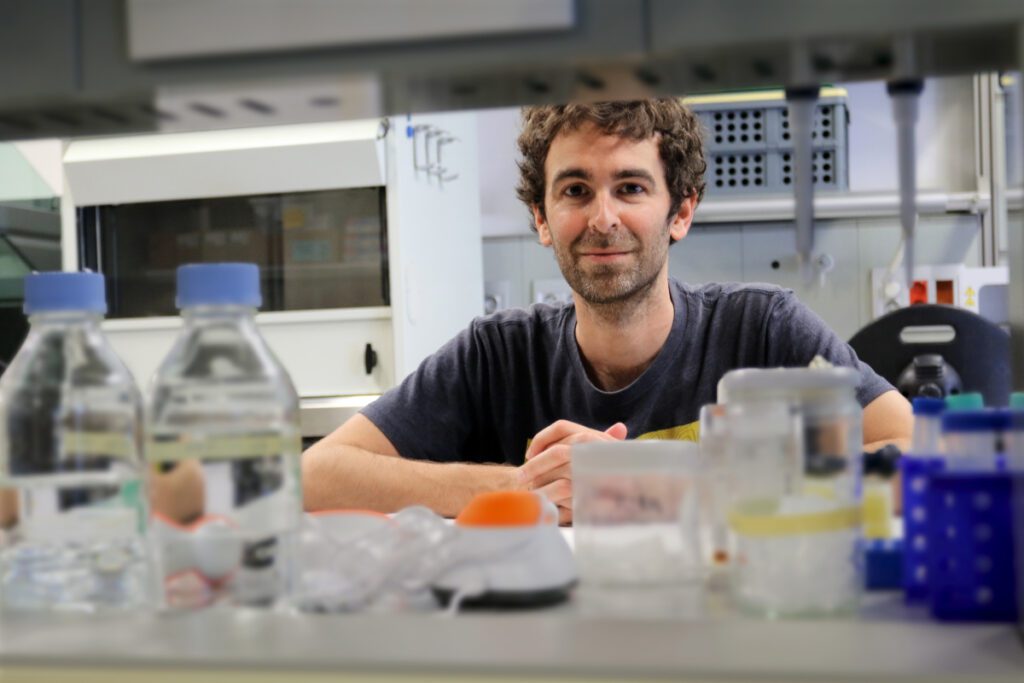
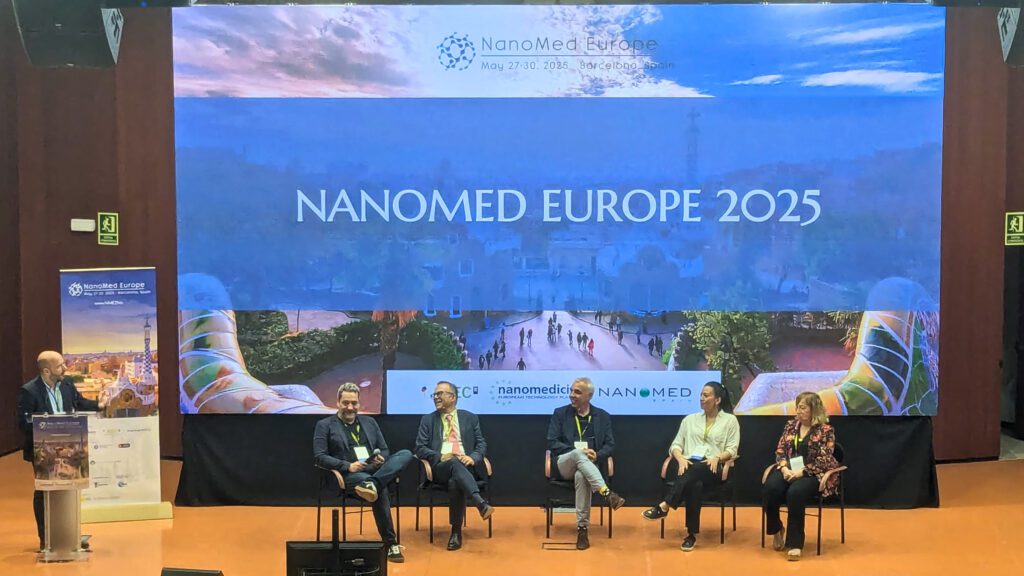
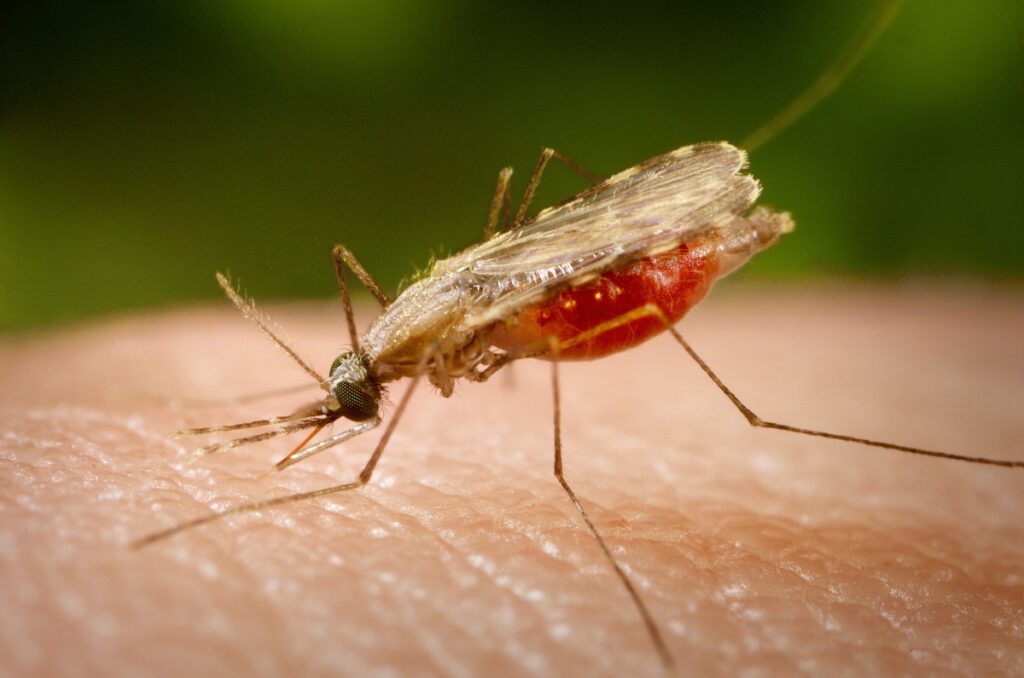
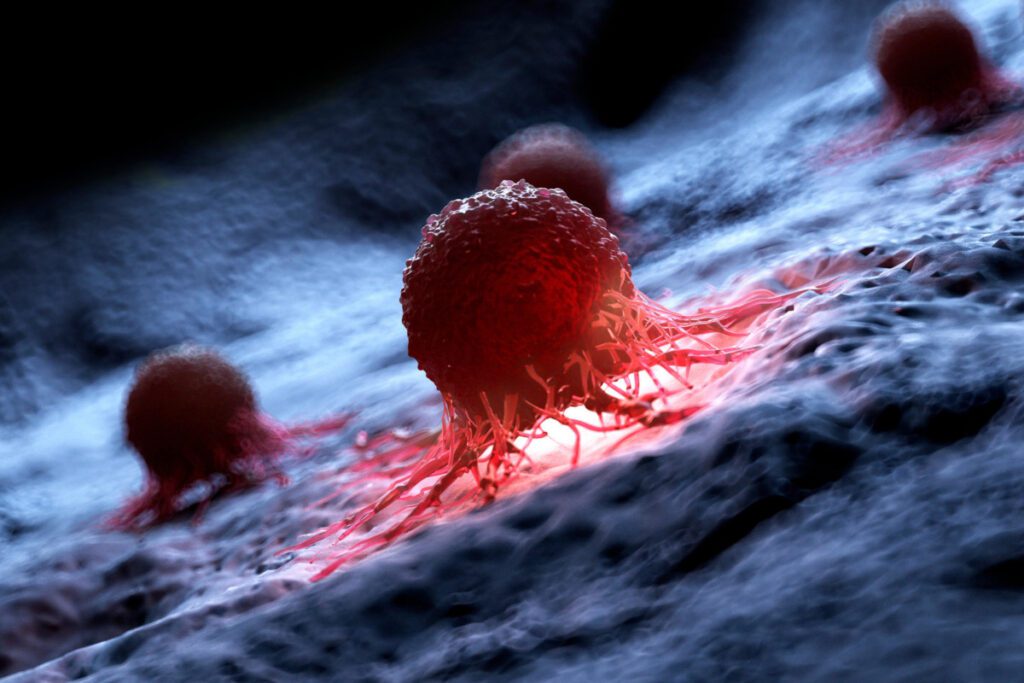
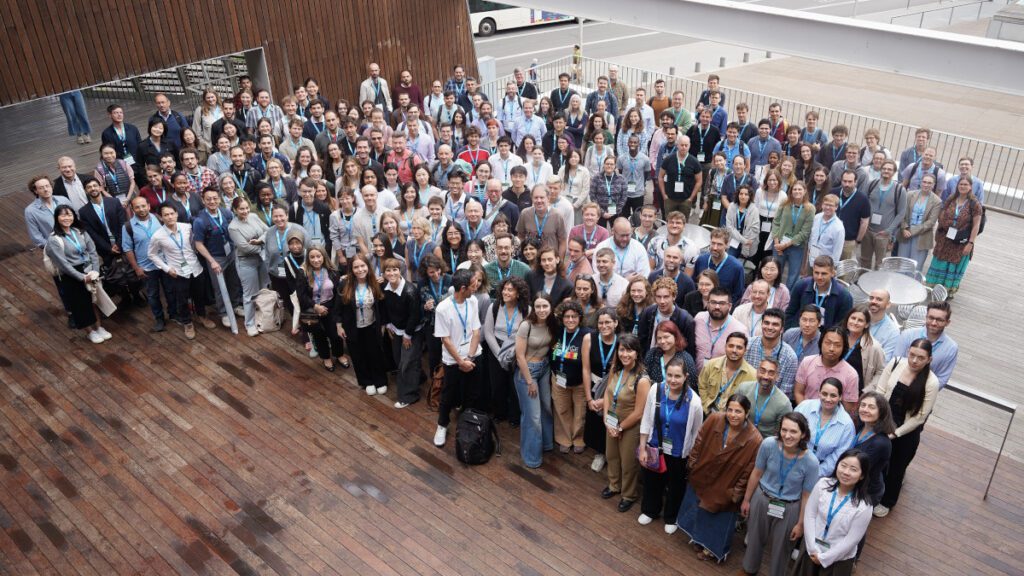
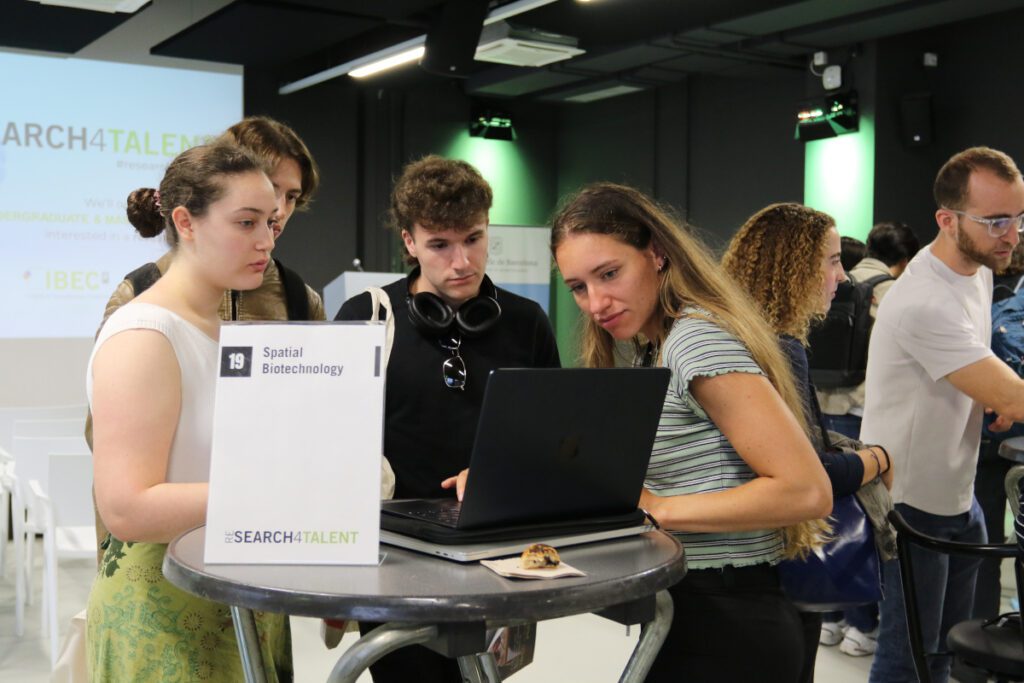
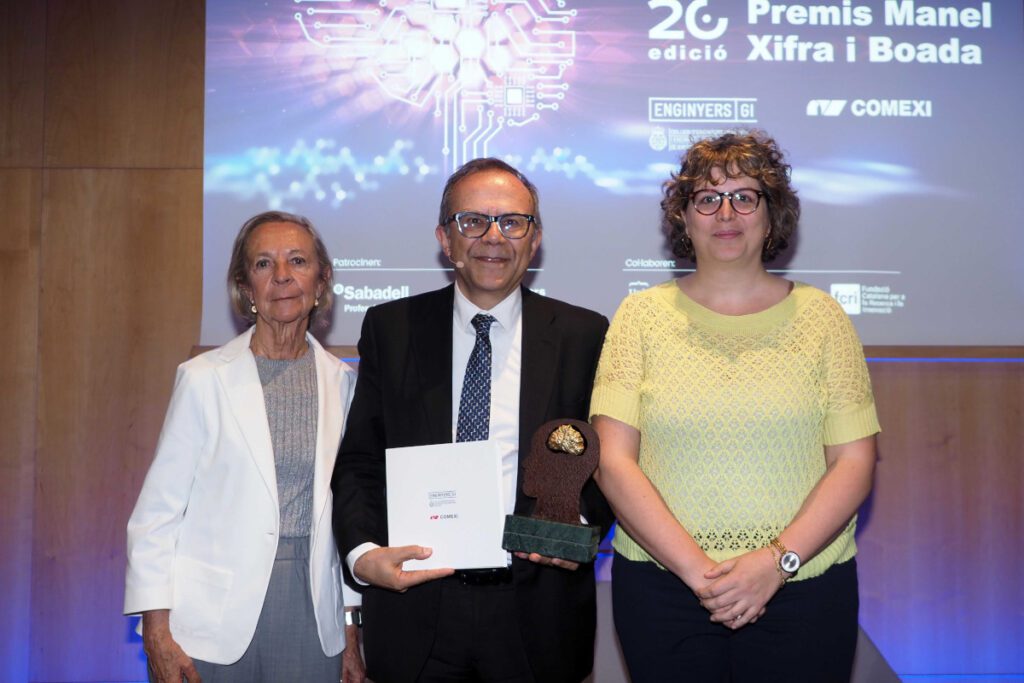
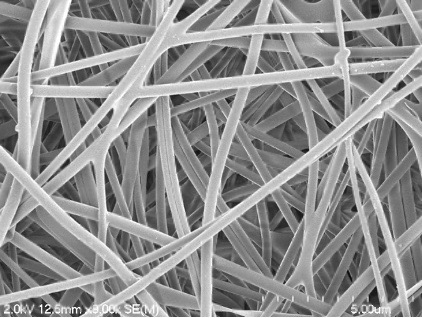

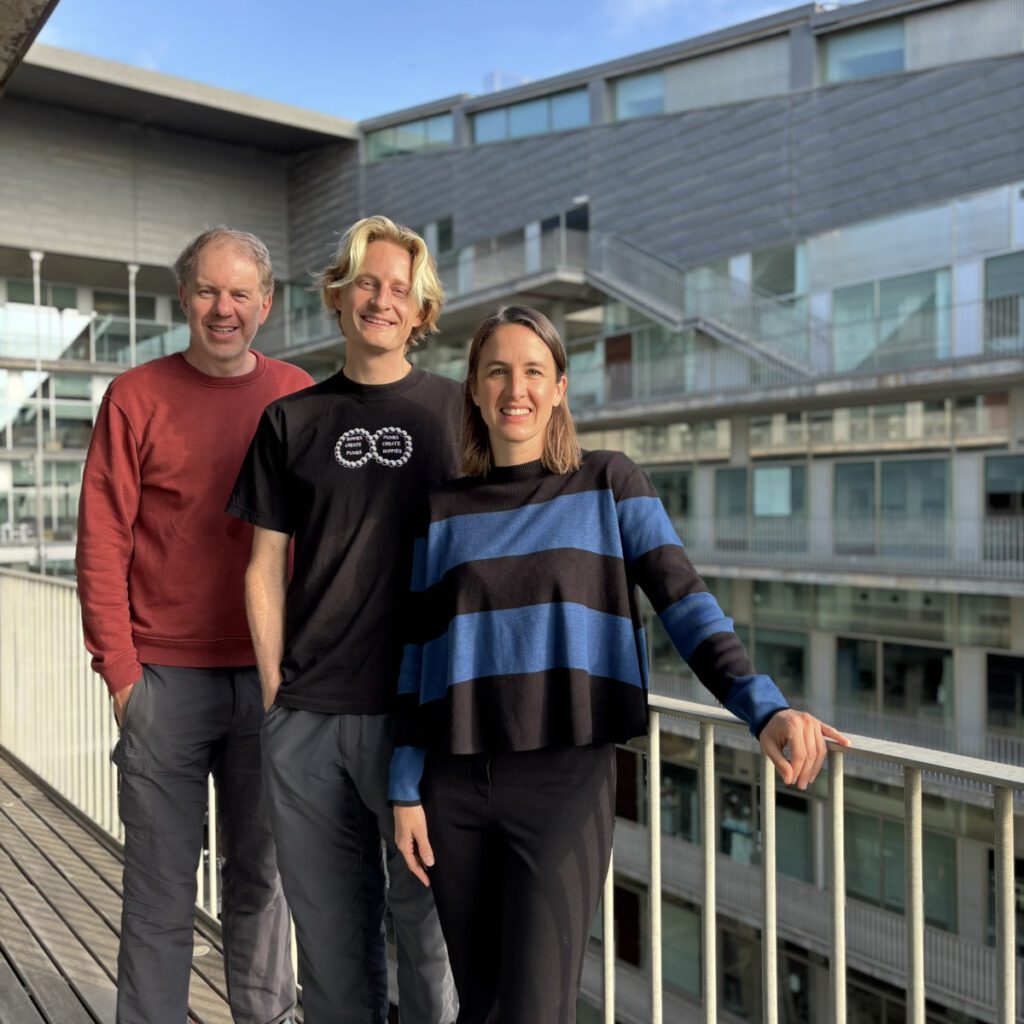

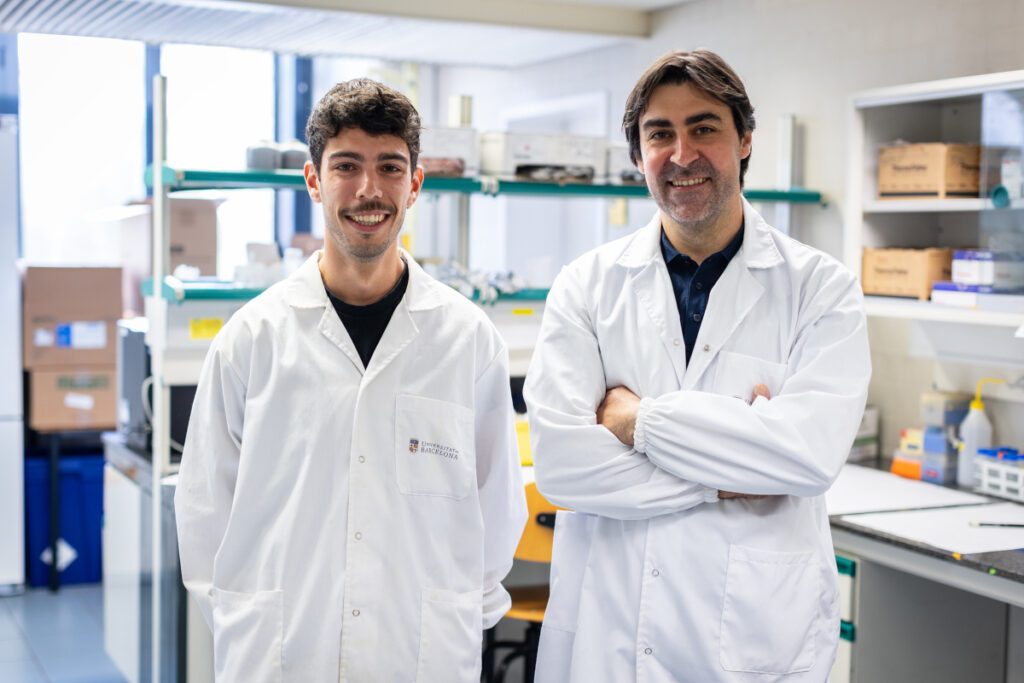


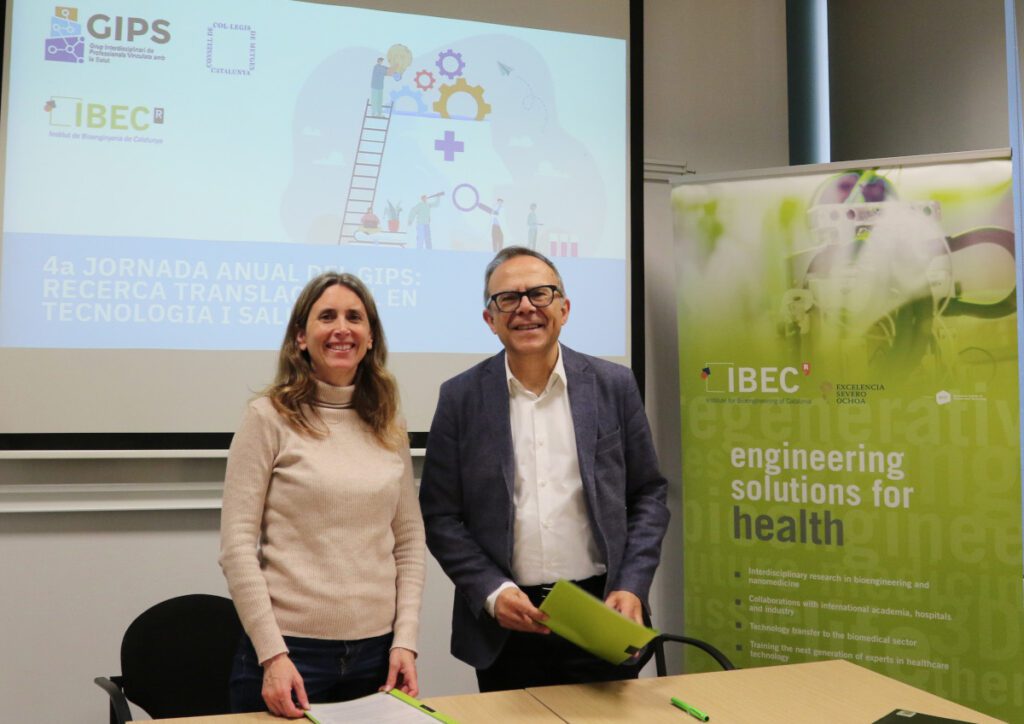





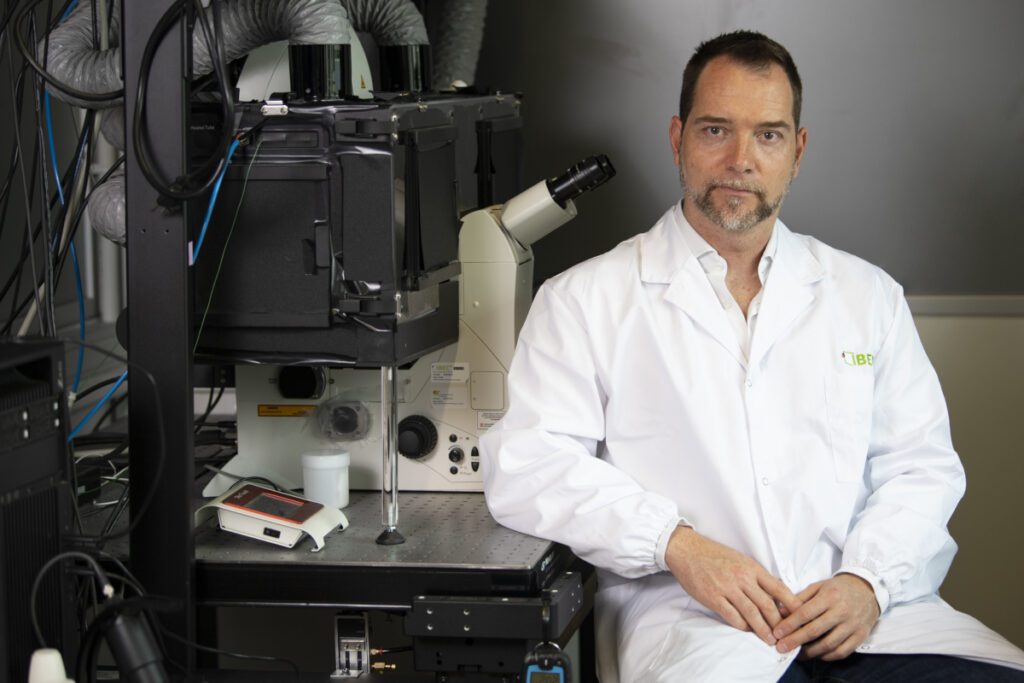
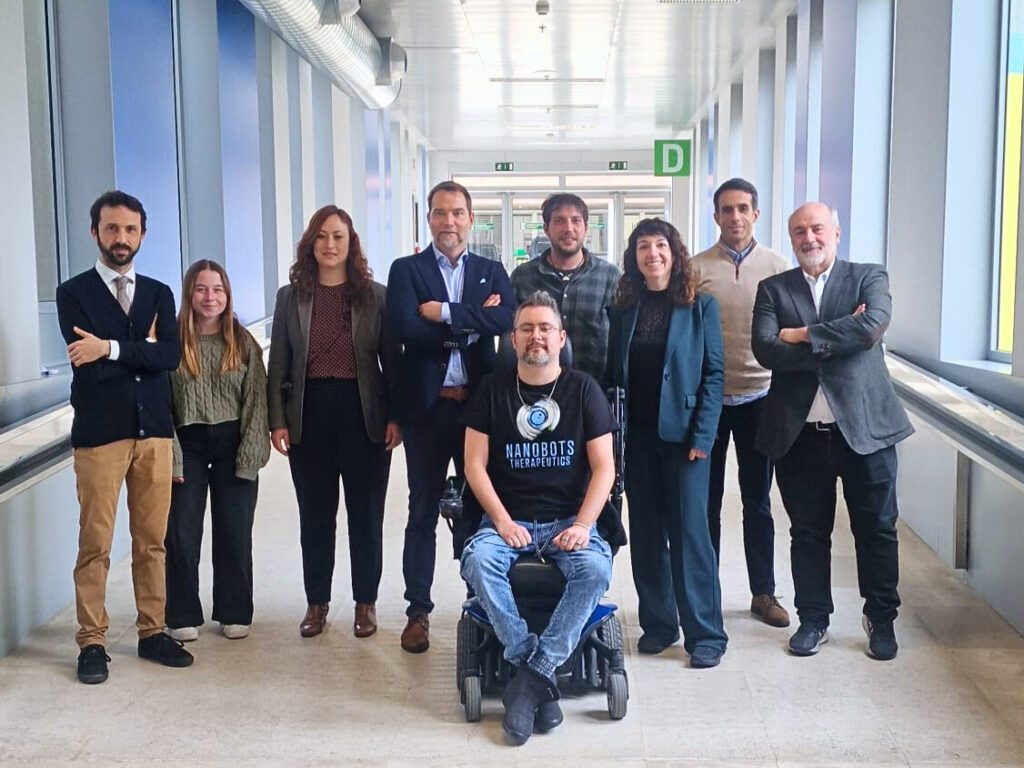
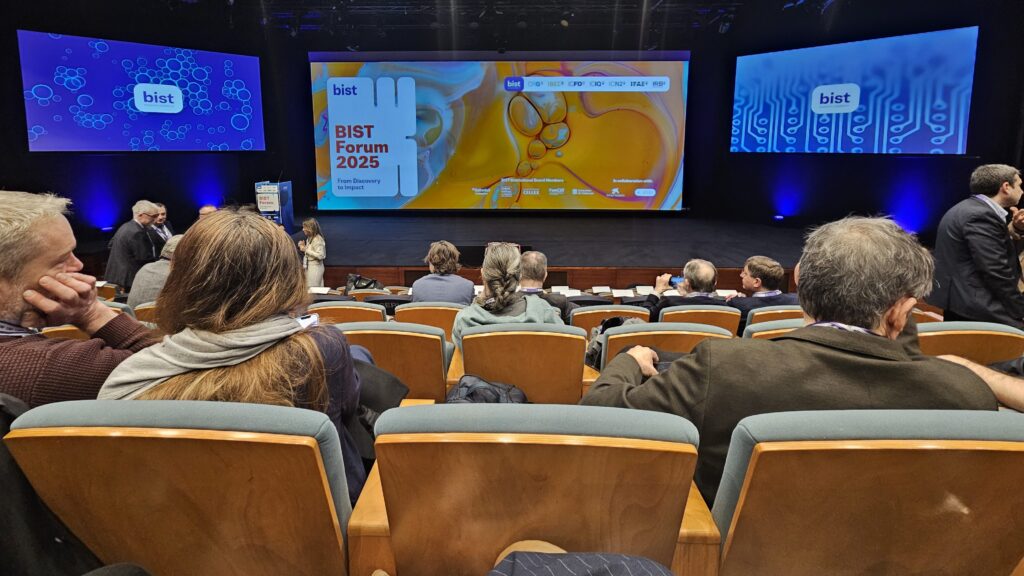
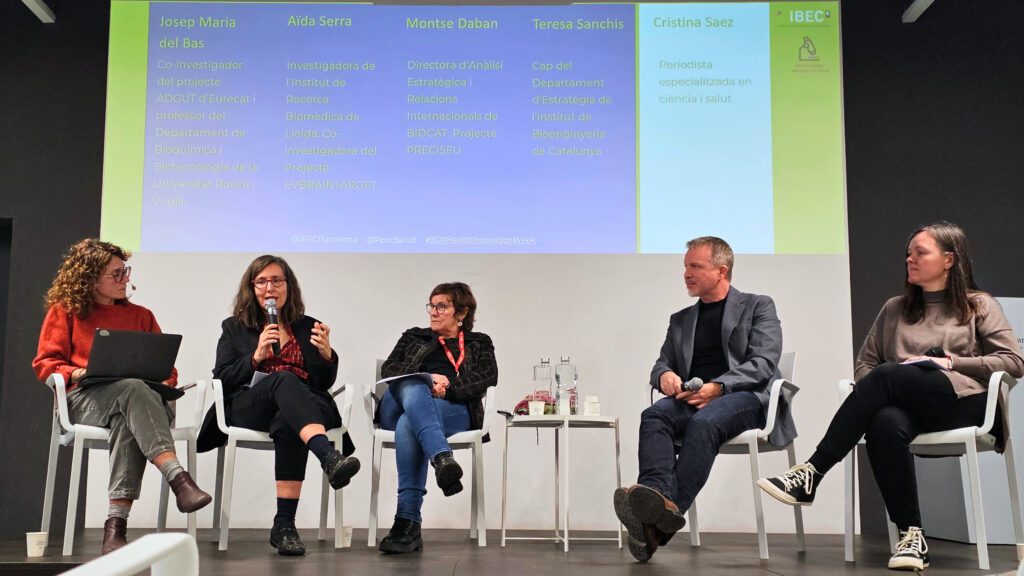
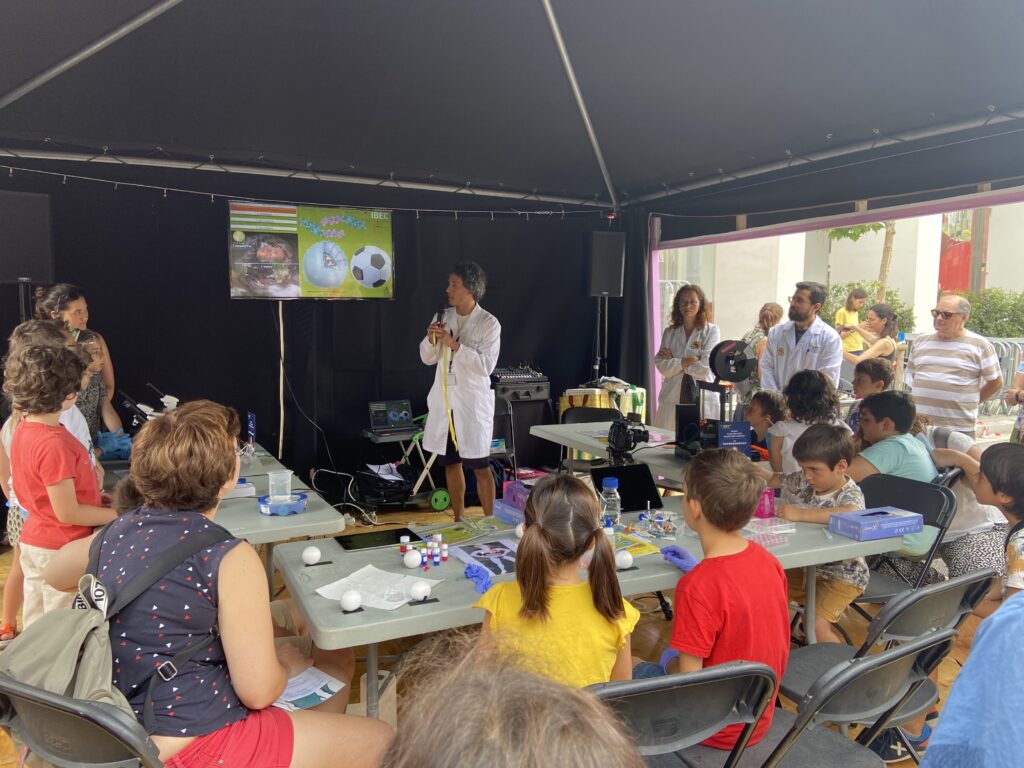
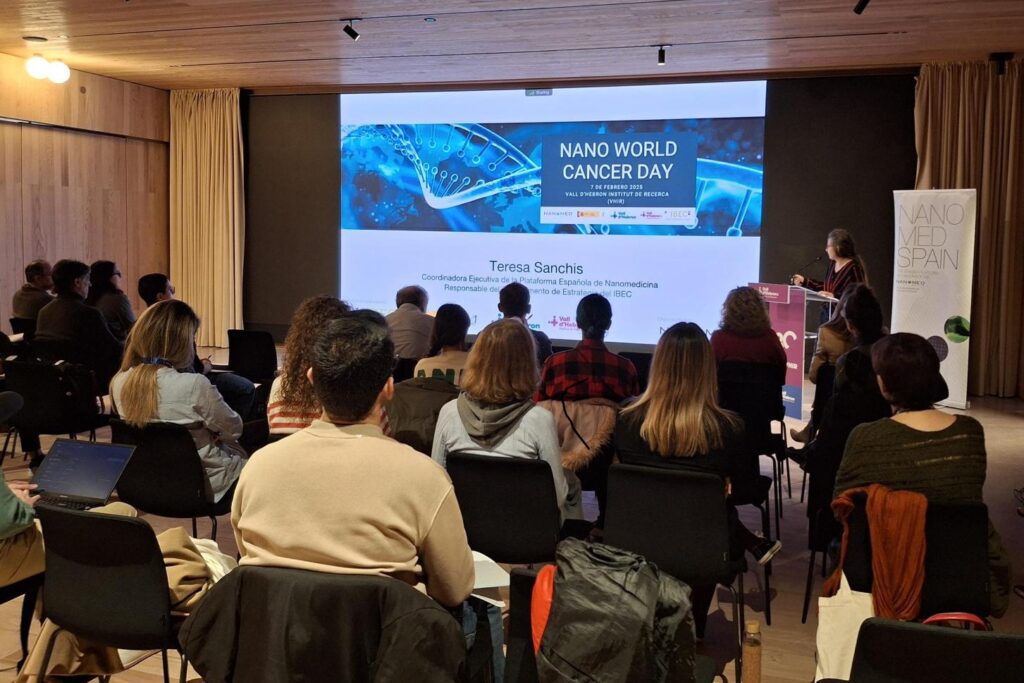
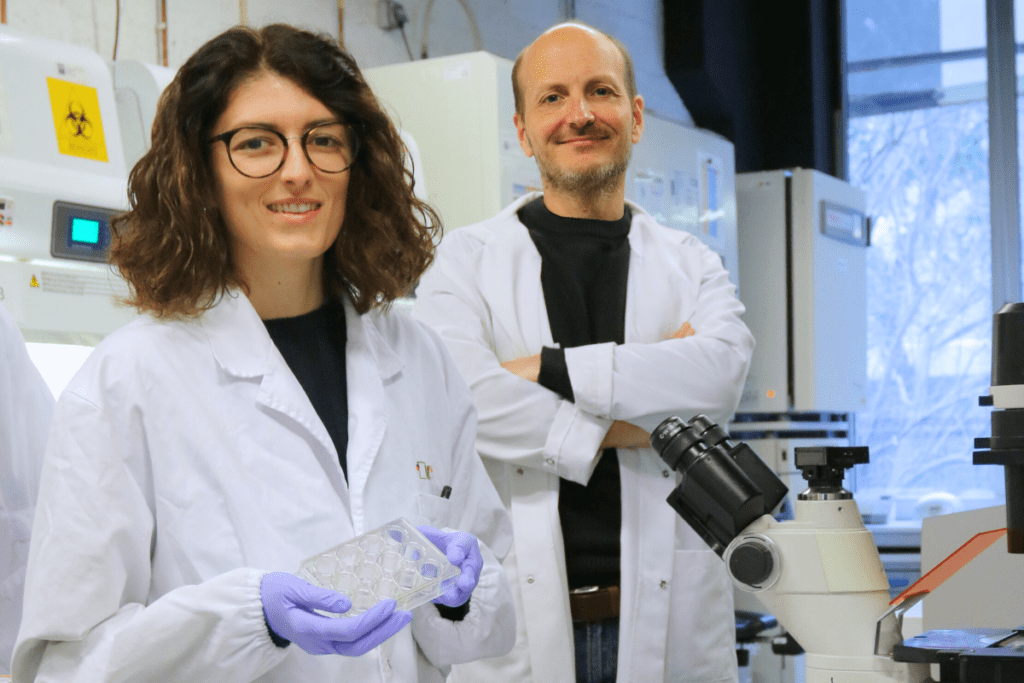
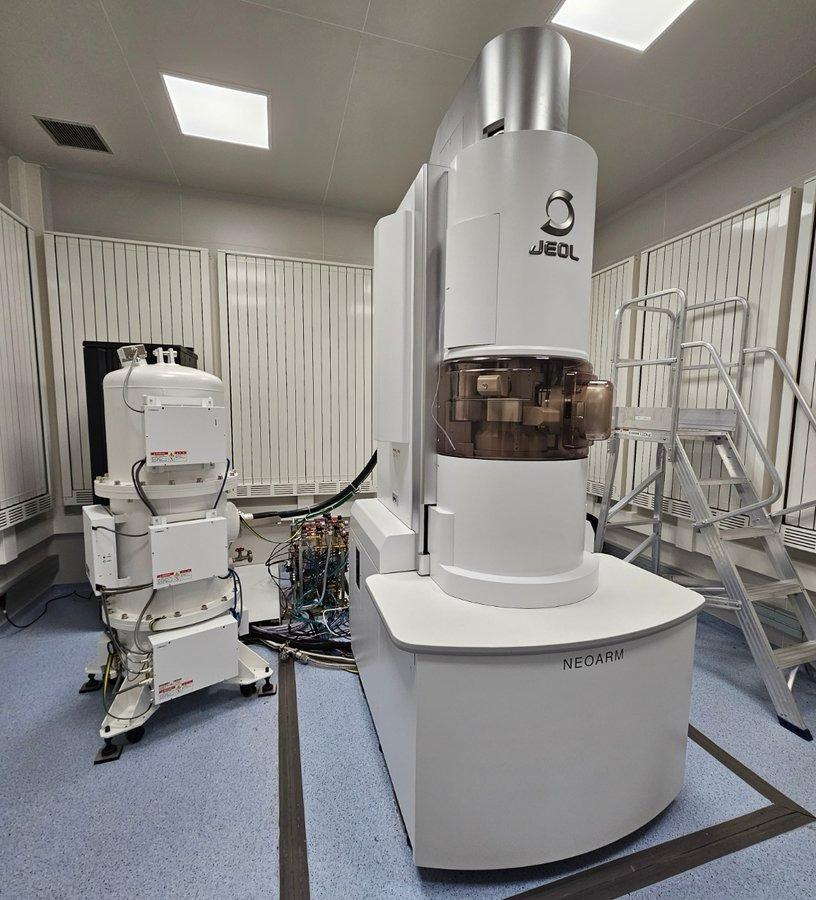

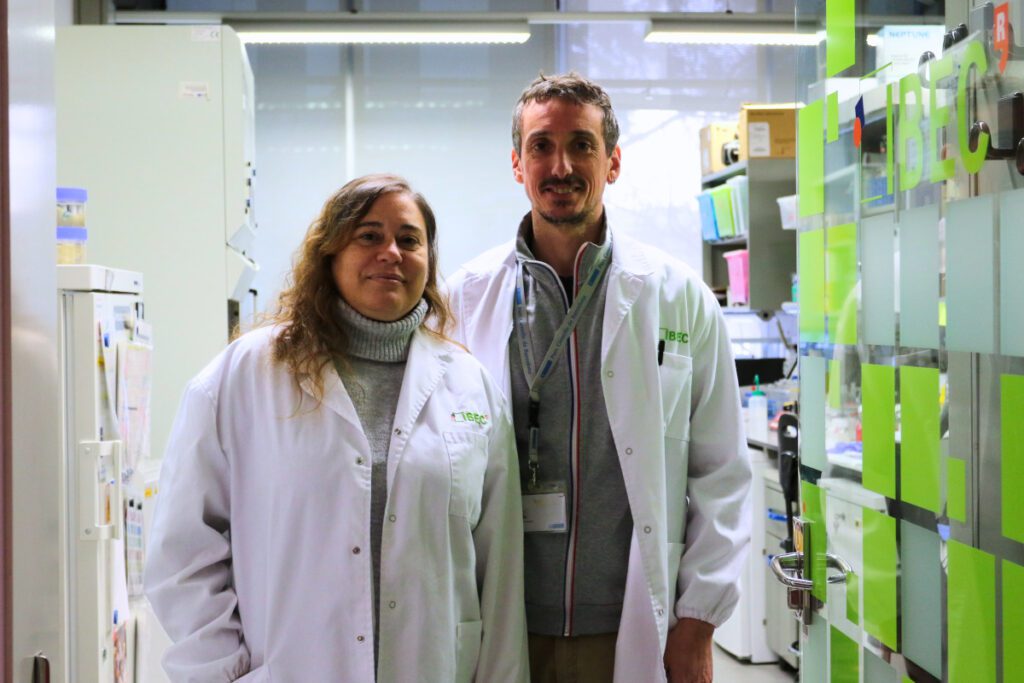


IBEC in the media
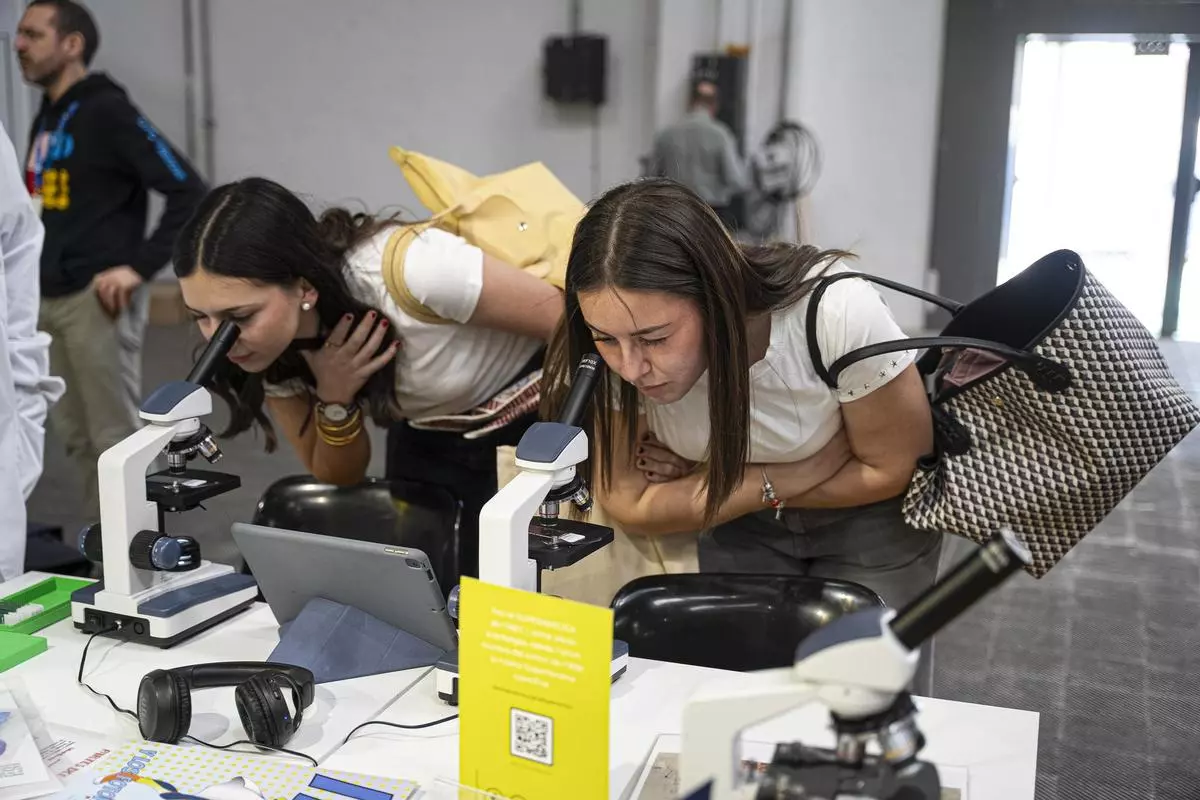
ARA: “Es pot escoltar el cervell d’un ratolí?”: trobar la vocació científica al Saló de l’Ensenyament
Universitats i centres de recerca han unit esforços sota el paraigua de la Fundació Catalana per a la Recerca i la Innovació (FCRI) per aconseguir que la ciència al Saló de l’Ensenyament literalment es pugui viure i tocar.
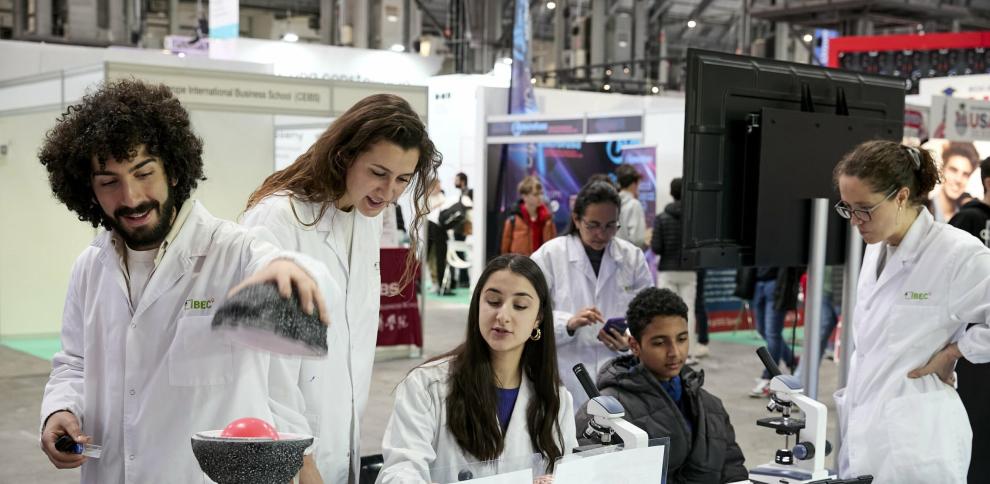
Una inmersión en la ciencia para fomentar vocaciones STEAM
El EspaiCiència se consolida como un referente en la divulgación científica dentro del Saló de l’Ensenyament, y proporciona a los jóvenes herramientas y conocimientos para adentrarse en el mundo de la ciencia y la tecnología

Más de 600 #científicas luchan contra los estereotipos
Investigadoras de entidades públicas y privadas impartieron el martes charlas simultáneas en 501 escuelas de 41 comarcas catalanas con el objetivo de despertar vocaciones científicas entre las alumnas de 11 a 13 años. Destacan instituciones como el Instituto de Biongeniería de Cataluña (IBEC), con 18 investigadoras.
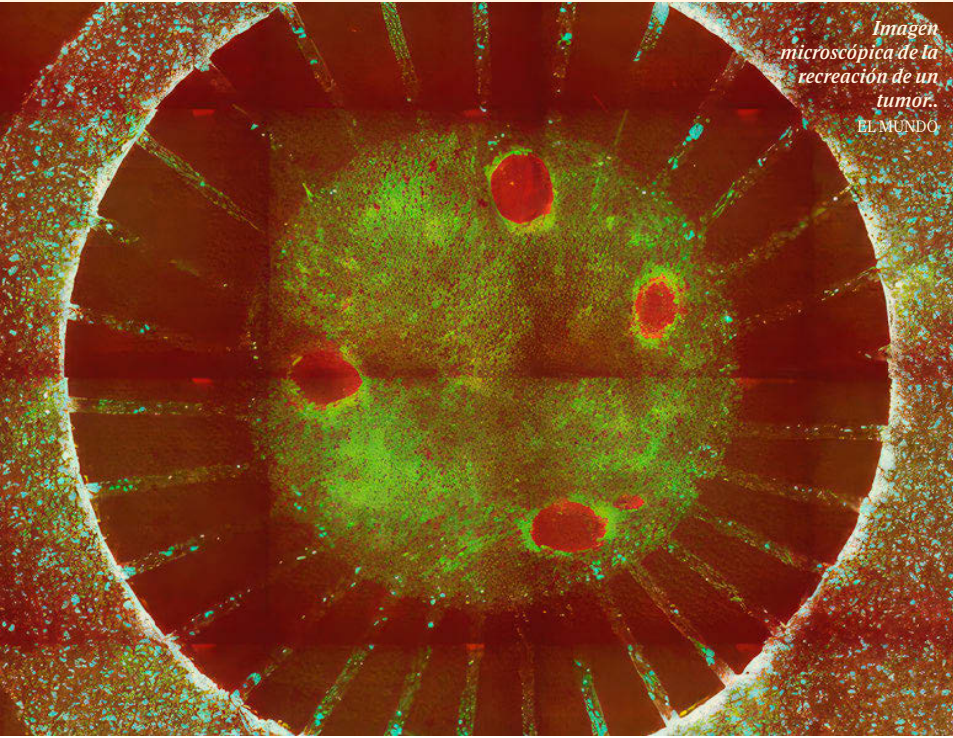
El Mundo: Un ‘gemelo’ de laboratorio para estudiar la eficacia de los tratamientos contra el cáncer
Científicos del IBEC, liderados por Xavier Trepat, han desarrollado MIRO, un dispositivo que recrea el entorno tumoral para estudiar su respuesta a tratamientos. Publicado en Nature Communications, permite analizar por … Read more
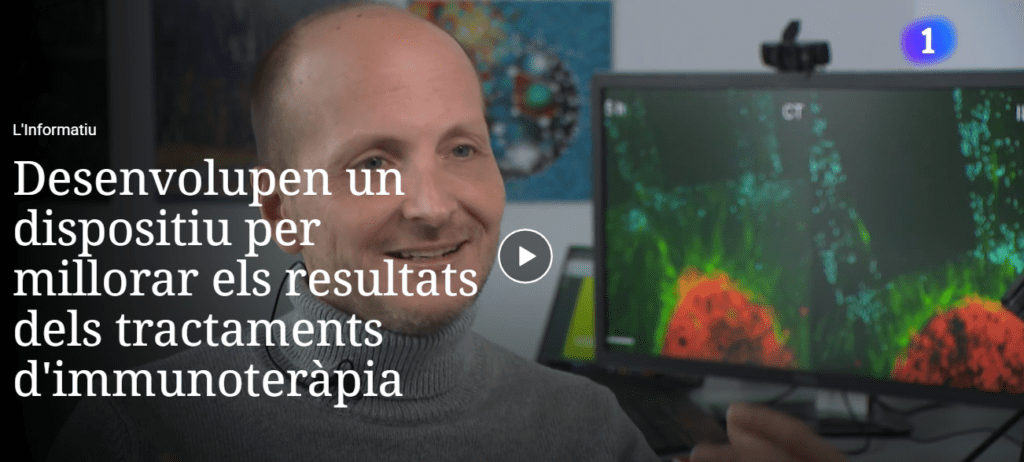
RTVE: Desarrollan un dispositivo para mejorar los resultados de tratamientos de inmunoterapia
Investigadores de l’Hospital del Mar y del IBEC están desarrollando un dispositivo para mejorar los resultados de los tratamientos de inmunoterapia contra el cáncer. Este dispositivo podría optimizar la eficacia … Read more
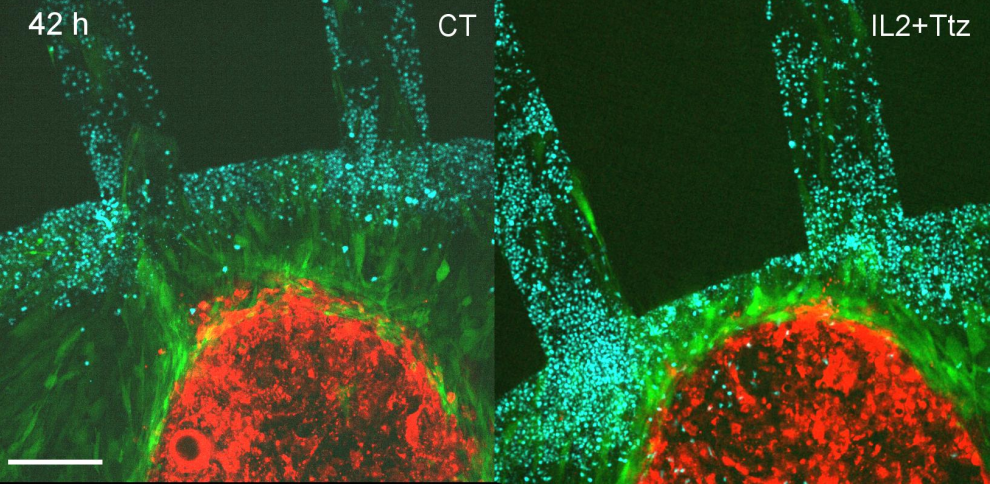
La Vanguardia: Investigadores catalanes recrean de forma fidedigna el ambiente tumoral para atacar el cáncer
Investigadores del IBEC y del Hospital del Mar han desarrollado MIRO, un dispositivo que recrea fielmente el entorno tumoral con células de pacientes. Esta innovadora tecnología permite estudiar la interacción … Read more
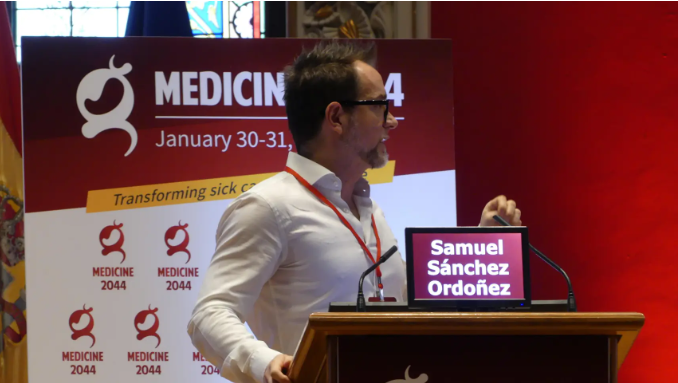
El Español: Samuel Sánchez, investigador de nanorobots en el cáncer de vejiga: “Podemos reducir el tumor al 90%”
El Dr. Samuel Sánchez, director del grupo de investigación de nanobiodispositivos del Instituto de Bioingeniería de Cataluña (IBEC) y cofundador de Nanobots Therapeutics, ha desarrollado nanorobots capaces de reducir en … Read more
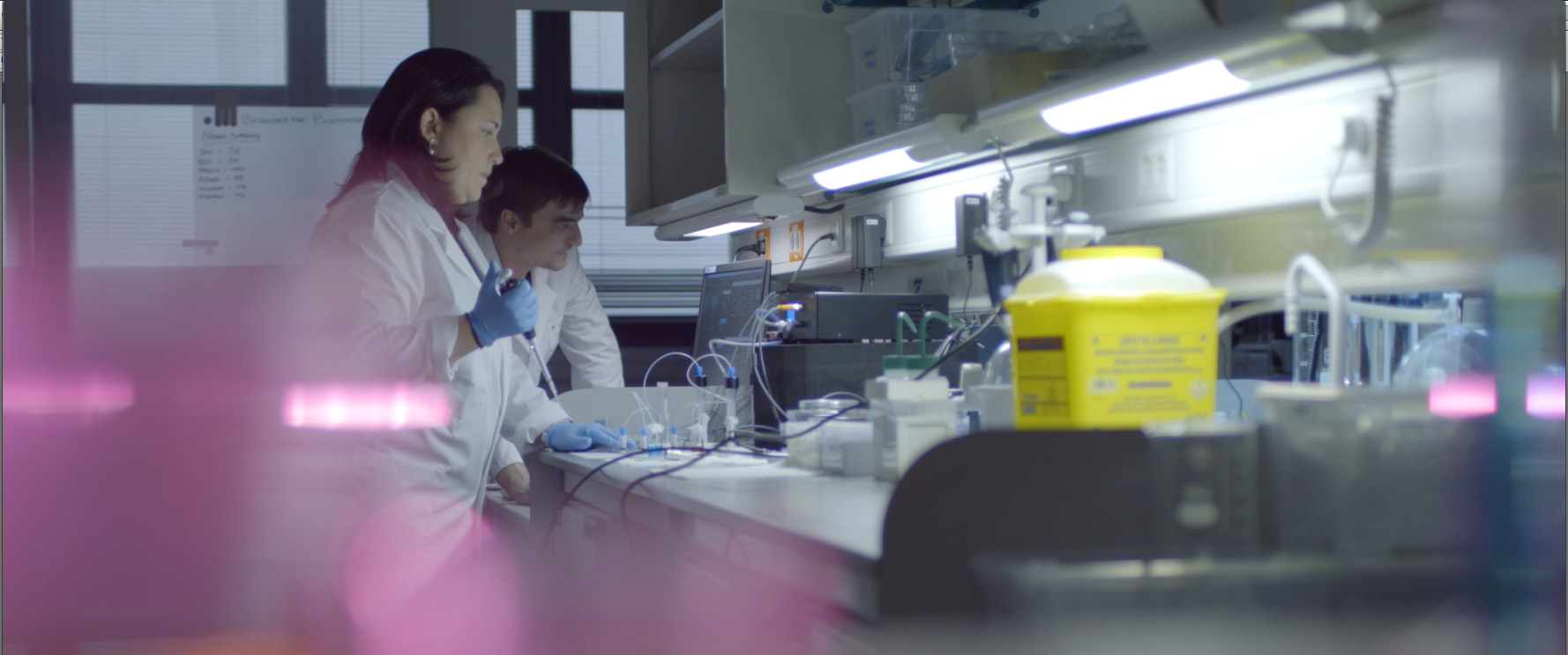

-
Necessary
These cookies are not optional. They are needed for the website to function. -
Statistics
In order for us to improve the website's functionality and structure, based on how the website is used. -
Experience
In order for our website to perform as well as possible during your visit. If you refuse these cookies, some functionality will disappear from the website. -
Marketing
By sharing your interests and behavior as you visit our site, you increase the chance of seeing personalized content and offers.




